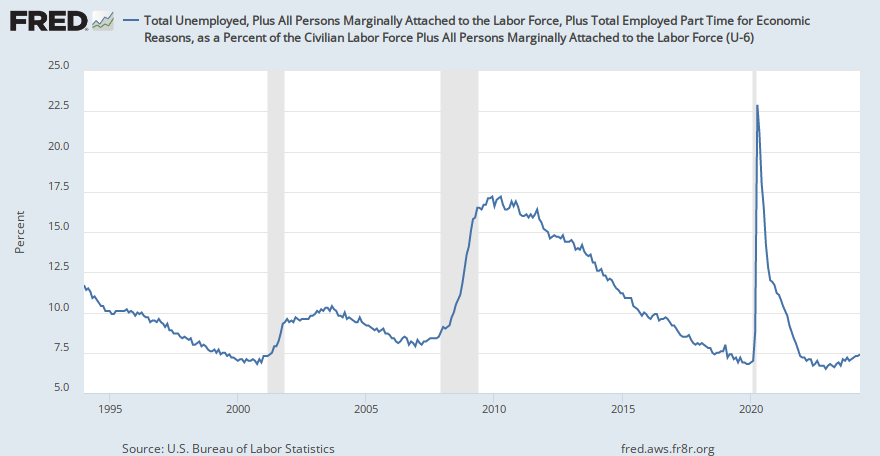You are forgetting a few things. The first is that investing isn't just about plowing in accrued cash. It's also about plowing in currently accruing cash. If your earning power is strong relative to the rest of the population, e.g. you're a surgeon say, then you will probably be able to at least maintain your real earnings when everyone else's real earnings go down in a recession. That gives you an advantage.
If you're a person who makes a lot of money, then you probably have a lot of invested assets. Taking 2008/9 as an example, the price of the ~30% gains on equity we saw as markets started to recover in 2009, was the ~40% drop we witnessed in 2008. Unless you were investing substantially more than you already had invested, that's probably a losing proposition.
The second thing you forget is that a recession doesn't only affect investing. It also affects general spending. It makes certain goods/services cheaper. Investment aside, that means less money spent.
If people are spending less on goods and services, then this very likely includes the goods and services that you personally sell. If you're our recession proof surgeon, maybe this appears to work out for you at first blush. Except that you're also an investor. So the goods and services that the companies in your portfolio sell are being discounted, and thus you see lower growth and reduced dividends.
The third thing is that recessions create opportunity. Well I suppose any turmoil, good or bad, creates opportunity. But in a steadily slowly rising market I think there are fewer market niches to explore.
It depends upon how you think about opportunity I suppose. At the height of the last downturn in the US, U6 unemployment reached 17%. A whopping 17% of the workforce wanted to work (or work more) but couldn't find adequate opportunities to do so.

You can see from the graph that it took us almost 10 years to get back to where we were pre-2008. You
could think of that as opportunity. The opportunity to get from 17% to 7%. But I look at that graph (the area under the curve specifically) and I see opportunity
lost. Tens of millions of man hours that could have been productive had their been the opportunity.
As an investor, I see lots of opportunities today. I'm partnered on an apartment complex that is doing some major capital improvements, including a new roof and a swimming pool. We're doing this because the good economy will support people paying higher rents for these things.
To me, this represents opportunity in the holistic sense much more than the "opportunity" to buy a cheap property because some banks wrote complex derivative investments, the bond rating agencies failed to understand them, and then someone got foreclosed on.